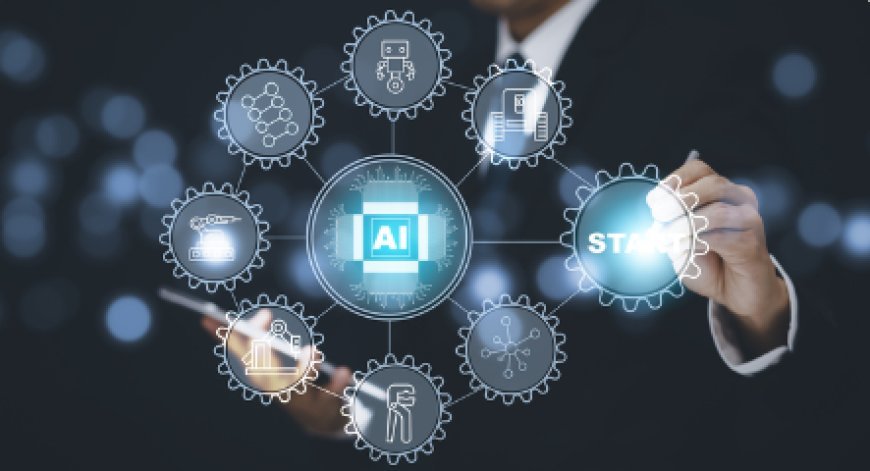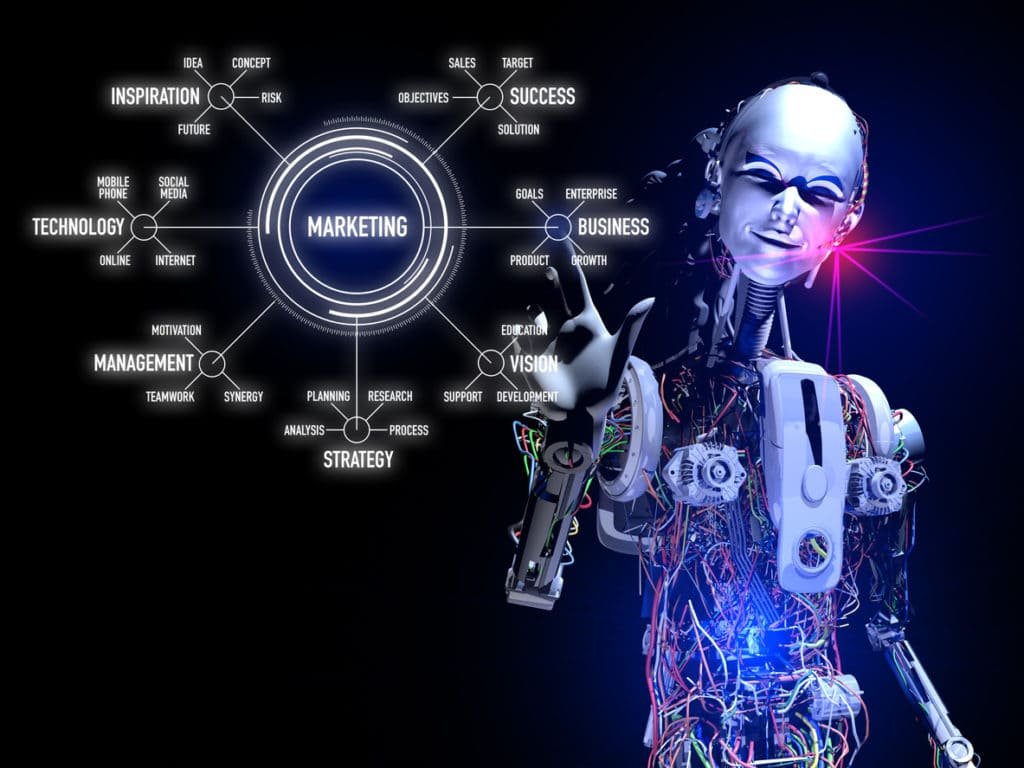Introduction
In the dynamic realm of digital marketing, strategies continually evolve to keep pace with technological advancements. The emergence of Artificial Intelligence (AI) has ushered in a new era, equipping marketers with unprecedented capabilities to analyze data, personalize content, and optimize campaigns. This article delves into the transformative impact of AI tools on digital marketing, elucidating how they enable businesses to forge more effective connections with their target audience.
Understanding AI in Digital Marketing
Artificial Intelligence represents the emulation of human intelligence in machines, programmed to learn and think akin to humans. In digital marketing, AI serves as a potent catalyst, automating tasks, processing vast datasets, and making real-time data-driven decisions. This empowerment enables marketers to tailor strategies to individual consumers, thereby enhancing engagement and conversion rates.
AI Tools for Personalization

A pivotal advantage of AI in digital marketing lies in its capacity for personalization. AI-driven algorithms dissect user behavior, preferences, and demographics to curate bespoke content and recommendations. This personalized approach not only enriches the customer experience but also amplifies engagement and bolsters conversion rates. Predictive analytics, recommendation engines, and dynamic content generation stand out as indispensable tools, facilitating the creation of tailored experiences for the audience.
Predictive Analytics
Predictive analytics harnesses AI and machine learning algorithms to anticipate future trends and behaviors based on historical data. Within digital marketing, predictive analytics empower businesses to discern customer needs and preferences, enabling them to fine-tune their marketing endeavors accordingly. By scrutinizing past interactions and purchase patterns, marketers can prognosticate future behavior, delivering targeted messaging precisely when it’s most impactful.
Recommendation Engines
AI-powered recommendation engines leverage user behavior and preferences to propose products, services, or content. Widely employed across e-commerce platforms, streaming services, and content websites, these engines enhance the user experience while driving sales. By analyzing browsing history, purchase behavior, and demographic data, recommendation engines furnish personalized suggestions tailored to individual users, augmenting the likelihood of conversion.
Dynamic Content Generation
Dynamic content generation involves the real-time creation of personalized content based on user data and behavior. AI tools for digital marketing analyze diverse parameters such as location, device type, and browsing history to craft customized content. Whether it’s personalized emails, website banners, or social media ads, dynamic content captivates the audience with highly relevant messaging, fostering deeper connections.
AI Tools for Optimization

Beyond personalization, AI plays a pivotal role in optimizing marketing campaigns for maximal effectiveness. AI-powered tools scrutinize campaign performance metrics, identify trends, and proffer data-driven recommendations to enhance targeting, messaging, and overall return on investment (ROI).
Marketing Automation
Marketing automation platforms harness AI to streamline repetitive tasks like email marketing, social media scheduling, and campaign management. These platforms orchestrate workflows, personalize communication, and track customer interactions across multiple channels. By automating routine tasks, marketers can redirect their focus towards strategic initiatives and creative endeavors, thereby driving superior campaign outcomes.
A/B Testing and Optimization
A/B testing, or split testing, facilitates the comparison of two versions of a marketing asset to ascertain superior performance. AI-enabled A/B testing tools analyze user interactions, automatically optimizing campaigns based on key performance metrics. By iteratively refining campaign elements, marketers can continually enhance performance and achieve superior outcomes over time.
Conclusion

Artificial Intelligence has emerged as a transformative force in digital marketing, endowing marketers with potent tools to personalize content, optimize campaigns, and drive superior results. From predictive analytics to recommendation engines and marketing automation, AI is reshaping how businesses connect with their audience online. As technology advances, the role of AI in digital marketing will only burgeon, heralding a future defined by innovative marketing strategies and enriched consumer engagement. Embracing AI tools is no longer a choice but an imperative for businesses aspiring to thrive in the competitive landscape of today’s digital marketplace.


